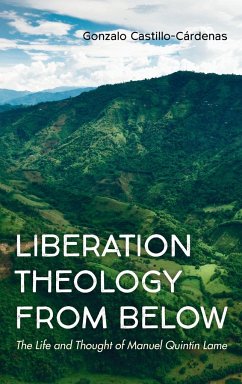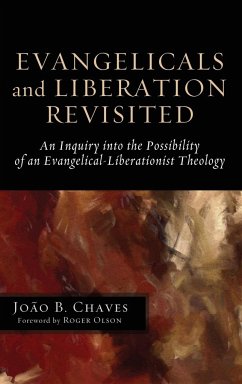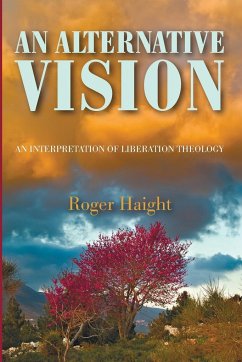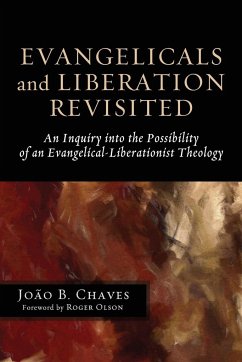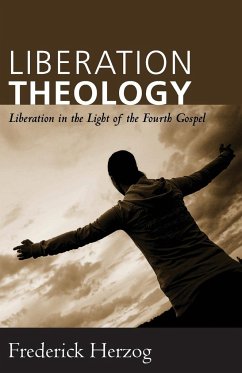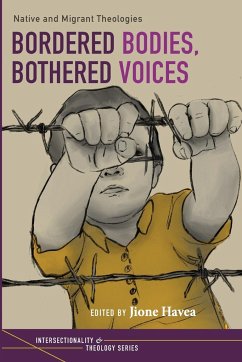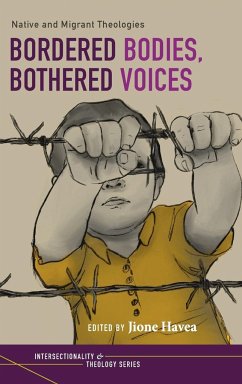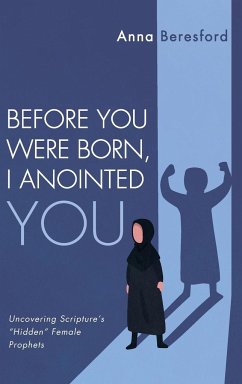""Here sleeps the Indian Manuel Quintin Lame Chantre, October 7, 1967. He was a man who did not bow his head before injustice."" In the Colombian Andes, Indians wrote that epitaph on the cross above Lame's grave because he led them in a just struggle against ""civilization"": against the ""whites"" and their system that has oppressed and dehumanized the Indians. The first part of this book is a thorough introduction to Lame's life, his thought, and his historical context: the world of the Indians of the Colombian Andes. The second part of the book contains ""Los Pensamientos,"" a work written by Lame about a series of theological themes: nature, injustice, God, rebellion, oppression, hope, liberation . . . Gustavo Gutierrez has written: ""One day a theology should develop that comes from the poor themselves. Liberation theology is just one step along the way in this search. I see it as a kind of theological crutch, to be used until the poor create a theology of their own experience, their own world."" Lame's work answers Gutierrez's call. It is a theology that ""comes from the poor themselves,"" and in its originality, boldness, and propheticism, Lame's theology surpasses that written by those with ties to the unjust ""civilization"" that Lame spent much of his life combating.
Hinweis: Dieser Artikel kann nur an eine deutsche Lieferadresse ausgeliefert werden.
Hinweis: Dieser Artikel kann nur an eine deutsche Lieferadresse ausgeliefert werden.

